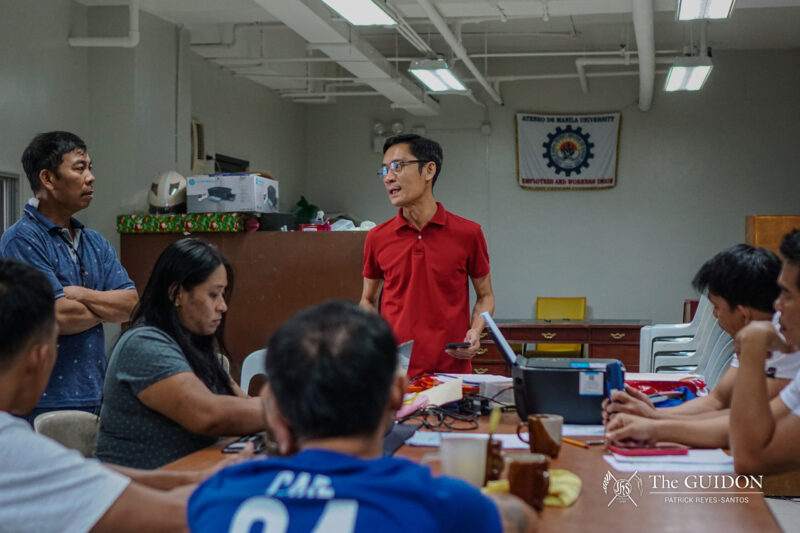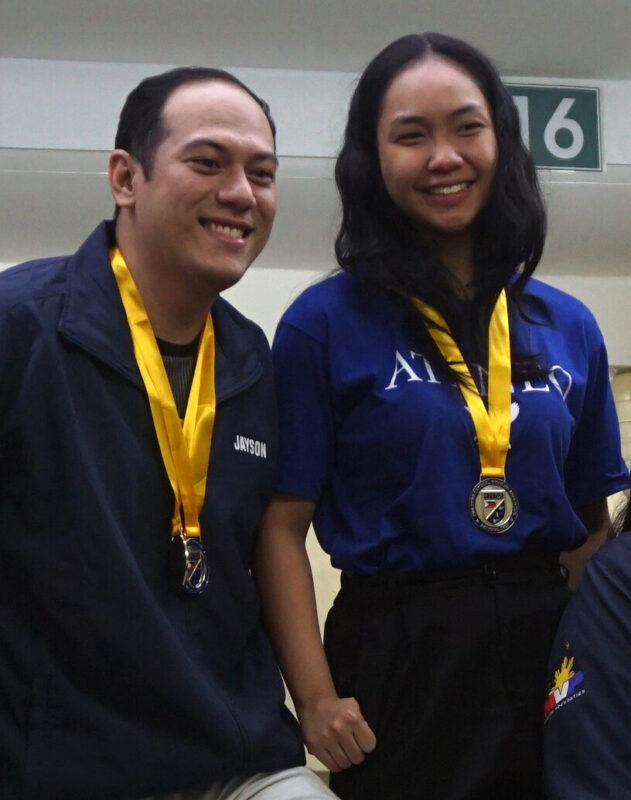Up from the 4% increase last year
FOLLOWING nationwide increase in tuition fees for roughly 281 private colleges across the country, the Loyola Schools is raising its tuition fees by five percent this school year.
Vice President for the Loyola Schools John Paul Vergara explained that tuition increases are a yearly occurrence, and the current rate was adjusted to cover the school’s expenses.
“The cost of anything goes up,” Vergara said. “We always make it a point to [keep the rate] at most five percent, in terms of our increases, [and] that’s comparatively low and reasonable.”
Vergara said the Loyola Schools Budget Committee gives the five- to six-percent cap that applies to all units. “[They] recognize that you cannot increase [the tuition too] much and it should be tight enough so you can try as much as possible to save where you can.”
He added that while the tuition fee increase usually follows the five percent cap, there is always a possibility for a lower increase. Last year, the tuition fee increase was pegged at four percent.
Improvements and maintenance
Aside from salaries, which Vergara said are regular and predictable in computing for the budget, many other components factor into the calculations.
Vergara said operating expenses and the maintenance and improvement of the school’s facilities and equipment are also major factors, occurrences that are “always bound to happen,” he explained.
School of Science and Engineering Dean Dr. Fabian Dayrit added that upgrades for their equipment vary, depending on the item’s lifetime and intensity of use. “Certainly there’s a maintenance program, but there’s no hard and fast rule about regularity,” Dayrit said.
Building and facility upgrades are also underway, with many structures around campus currently under renovation or repainting. The northwest car park, for instance, is being expanded to accommodate more vehicles. Facilities Management Office Administrative Assistant Ma. Isabel P. Hugo said the project has been ongoing since June and is slated to finish by the end of August.
Different budgets
With the accompanying increase in tuition comes an increase in the budget of each administrative sector in the Loyola Schools. Vergara cited several determinants for the computation of each sector’s budget: inflation, increase in the number of faculty and students, and the corresponding tuition rate increase for the year.
While some departments may receive higher budgets, Vergara explained that this was because of the offices’ different needs. The budget depends on the amount a certain department needs, which it reports to the administration.
He added that a committee processes and validates the reported budget for each department. “We ask the departments and offices to submit their needs, particularly in the improvements, equipment, and so on. [The committee] checks and compares it [with the] previous year’s expenses to see if there are any discrepancies. They’re always evaluated based on the circumstances of the offices,” he said.
Room for improvement
The budget changes are trickling their way down to the students, although the improvements are still on-going. Management Information Systems Association President Ryan Sordan noted that the computer labs in his classes are well updated, although the same could not be said for the open computer laboratories.
“I think that the school needs to pay attention to such facilities because these are the equipment that the entire Loyola Schools community sees,” he said.
Ateneo Psyche President Janelle Ongsiyping added that the biology labs have improved, especially in terms of equipment and materials. The chemistry labs, on the other hand, still need upgrading. “Most of the materials are quite rusty but it is understandable as this equipment is rather expensive,” Ongsiyping commented.
Dayrit also added that, while the school’s teaching labs are well-supported, some faculty members still need to obtain their research equipment through other means.
“That basically means the faculty have to work twice as hard because they teach and do research. Tuition covers the teaching labs quite adequately, but it’s the research needs that we need to put more attention to,” noted Dayrit.






